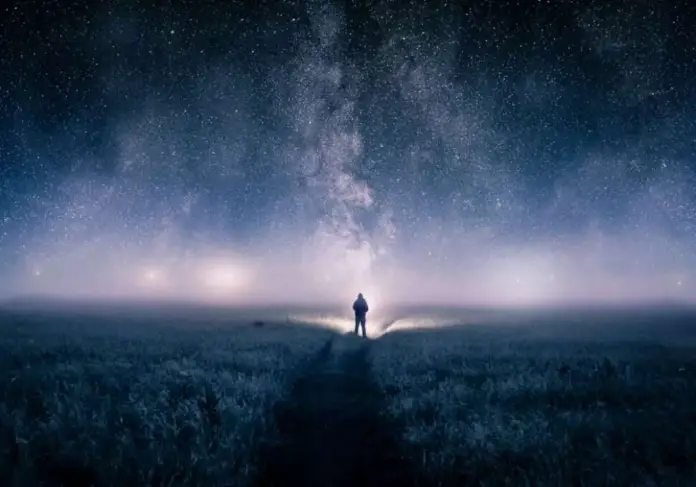Scientists and researchers have begun mulling over the idea that a similar, high level of evolution as seen in humans, could possibly be found in extra-terrestrial life elsewhere in the cosmos.
Proponents of this line of thought have boiled down their views to the theory of ‘convergent evolution’, which entails that two species can have some features evolve similarly, even if their last known ancestors do not have that feature.
Paleontologist Simon Conway Morris, an advocate of this view, who even wrote a book on the topic, argues that the probability of a species evolving like humans, is very high. To back his claim, he cites the enormous number of planets that may be evolving, adding that this fact raises the probability of a similar level of intelligence being found elsewhere in the universe.
Another proponent of convergent evolution, zoologist and animal communications researcher at University of Cambridge, Arik Kershenbaum, wrote an entire book on phenomenon as seen in animals. In the book titled The Zoologist’s Guide to the Galaxy: What Animals on Earth Reveal About Aliens — and Ourselves, Kershenbaum posits that convergence can be observed in the concept of flight.
In an interview with Quanta Magazine, Kershenbaum said that species are confronted with similar environmental challenges, they may evolve similarly as seen in the development of wings in four different flying creatures, namely birds, bats, insects as well as prehistoric flying dinosaurs, aka pterosaurs. The researcher suggests that they came to have wings because it was advantageous for them to fly in any given time in history that they existed. He added that wings were the only way to fly, which was a limitation of physics, and so it was entirely possible that life evolved similarly on other planets as well.
Not everyone stood behind this idea that convergent evolution could result in human-like species elsewhere. Late biologist and paleontologist Stephen Jay Gould resisted this idea and believed that it was implausible that the events that resulted in humans, would be emulated again. He maintained that evolution was characterized and impacted by environmental incidents like mass extinctions and erratic genetic mutations ,and the possibility of the exact same conditions surfacing again, was very rare.
As researchers continue to be at loggerheads over the possibility of human-like intelligence outside Earth, Hollywood has nurtured the idea in the movie Dune. The film suggests that humans are the only species inhabiting various pockets of the universe.
The proof of that idea in our world, however, remains to be uncovered.







